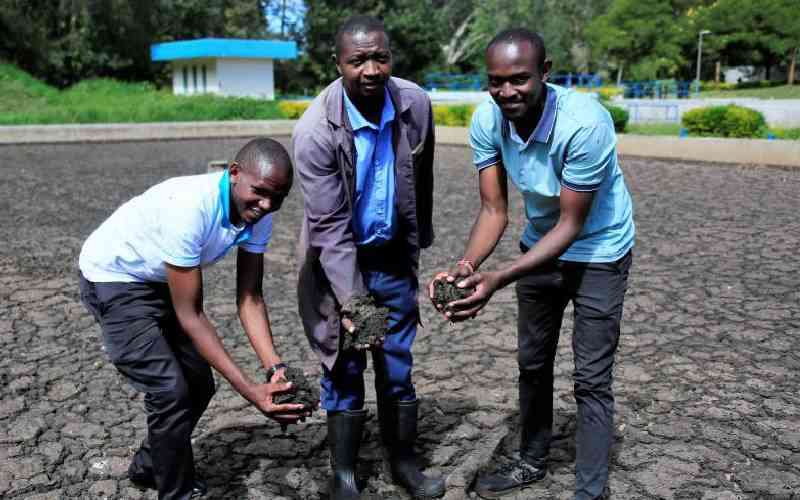×
The Standard e-Paper
Kenya’s Boldest Voice

Improper sewage disposal is one of the major contributors to environmental pollution that affect human health and aquatic ecosystems.
And the rapidly growing population has worsened the situation as it has led to the release of partially treated effluent into rivers and streams. The pollution caused downstream, leads to an imbalanced ecosystem.